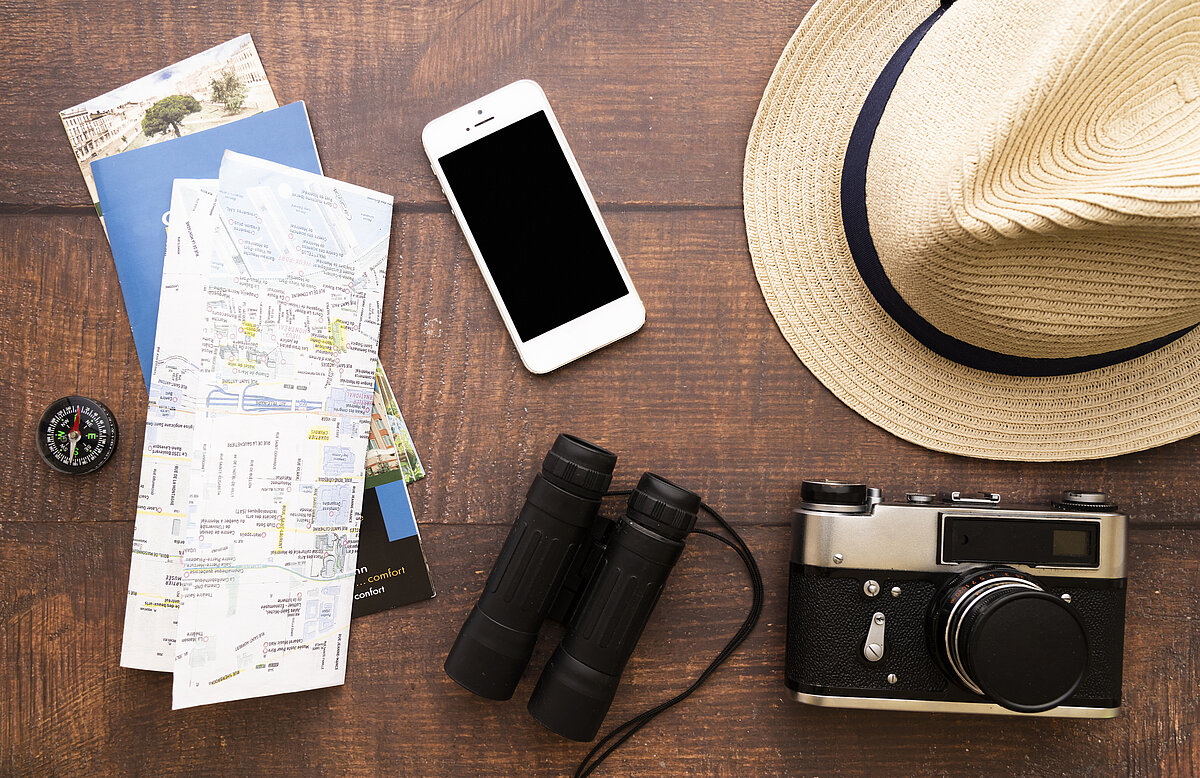The Travel sector is still feeling the effects of the restrictions imposed by the pandemic despite a slight positive growth mainly driven by domestic tourism and characterized by some changes, first of all the digitization of processes aimed at innovating its business models.
This is because travelers have different expectations and their preferences have changed: those who travel today are looking for proximity destinations as well as more flexible and reimbursable solutions, linked to new safety and health needs.
We can identify 4 main stages of travel planning:
1: Dream and inspiration
At this stage, the user begins to fantasize about possible destinations by looking for and discovering places and experiences on different channels such as YouTube, Blog, Instagram, Facebook and Pinterest to find inspiration.
To reach users in this phase of Brand Awareness, it is advisable to use Social media, Google Ads display and Programmatic ADV.
2: Organization and booking
After identifying the tourist destination, the user moves on to the organizational phase, during which he will visit various websites and read reviews to find information on accommodation and transport.
Google Ads and SEO optimization are two very important tools in this step to obtain an adequate positioning in the search results, an increase in website traffic and to ensure that the user experience is simple and intuitive as well as responsive. These can be accompanied by direct marketing push activities to achieve Lead Generation objectives.
3: Experience
The customer has therefore chosen his accommodation and is living his journey: the quality of his experience will largely depend on the welcome and treatment received.
In this case it is important to work from a Customer Care perspective to ensure an experience that is as pleasant as possible and to make sure that the customer feels satisfied and pampered, also with a view to building loyalty.
4: Sharing
After the trip, the user could share their photos on social media and leave reviews on their travel experience. It is important to obtain positive ratings and reviews as a negative review could significantly influence the purchase decisions of other users by orienting them towards other solutions.
In this last phase, strictly linked to customer loyalty, you can use Direct Marketing, Retargeting via Social and Google Ads display to show dedicated promotions and send discount coupons for future bookings or resort to Gamification activities to increase the engagement of the user.
E-Business Consulting, a digital agency active since 2003, can help you define your digital strategy to reach the user in all stages of travel planning. Contact us and we will be happy to help you!














